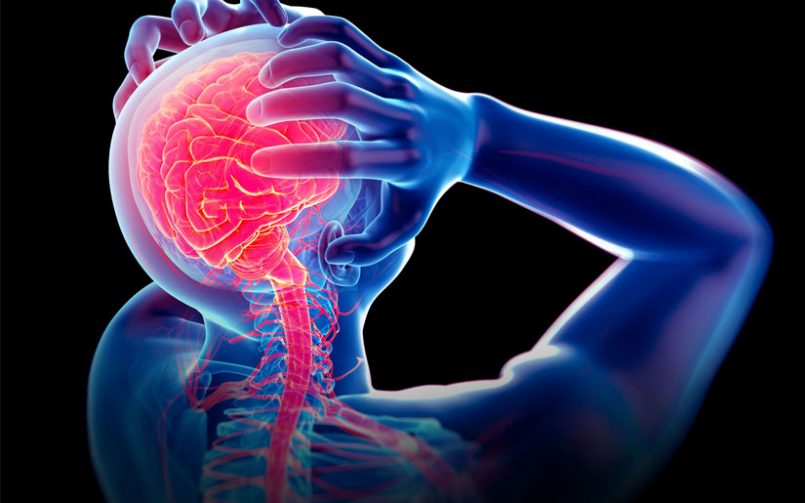Neurologists are doctors that specialize in diagnosing, treating and managing disorders of the central nervous system. In some countries they may be referred to as neurosurgeons; however, only neurologists are qualified to diagnose and treat conditions arising from dysfunctions of brain function.
Neurologists in the United States are medical doctors (MDs) who have completed a four year residency in neurology and passed the National Board of Medical Examiners. neurologist in New Jersey are then licensed to practice medicine by their respective state medical board. So how do you know if you need a Neurologist?
Difficult Diagnosis
If you suffer from a neurological disorder that is difficult to diagnose, such as Multiple Sclerosis (MS), Parkinson’s disease or Alzheimer’s disease, an early diagnosis is key in providing guidance for treatment and management.
Seizures
If you experience recurrent seizures (epilepsy), ask your primary care doctor for a referral to a neurologist. Early diagnosis and treatment can prevent permanent brain damage from developing.
Headaches
If headaches are frequent in your life, ask your primary care doctor to refer you to a neurologist for further assessment and management.
If you experience chronic headaches, lightheadedness or dizziness, ask your primary care doctor for a referral to a neurologist.
Migraines
If you experience frequent, debilitating headaches that are impacting your quality of life, seek medical help from your primary care physician who will refer you to a neurologist for proper treatment.
Issues related to balance or vision
If any of the above apply to you, discuss this with your neurologist for proper management and resolution.
Memory Loss
If you are experiencing dizziness or balance problems and your primary care physician cannot help you, seek advice from a neurologist for proper diagnosis and treatment of your condition.
Memory Gain
If memory loss is present in your life, ask your primary care doctor for a referral to a neurologist so they can diagnose and treat you properly.
Swallowing Issues
Are you having difficulty swallowing food or drinks properly, seek assistance from your primary care doctor. In some cases, a referral to a neurologist may be necessary for an accurate diagnosis and treatment plan.
Numbness & Weakness in Limbs
Are you feeling numb and weak in certain limbs? Contact your primary care doctor if this is occurring for any reason.
If you experience numbness or weakness of the limbs or loss of sensation in any part of your body, seek assistance from your primary care doctor who will refer you to a neurologist for proper diagnosis and treatment.
Multiple Sclerosis and Balance Issues
If you have a history of multiple sclerosis or other neurological disorders that impact balance and coordination, seek help from your primary care doctor who will refer you to a neurologist for proper diagnosis.
Cognitive Issues
If cognitive difficulties are an issue for you, consult with a neurologist for proper diagnosis.
If you are experiencing cognitive issues such as memory loss or difficulty focusing, ask your primary care physician to refer you to a neurologist for further evaluation.
Eyesight Problems
If you experience vision difficulties or find it difficult to read or watch television, discuss this with your primary care doctor who may refer you to a neurologist for further evaluation.
Speech Issues
If you experience any difficulties speaking, ask your primary care doctor for a referral to a neurologist. He or she can diagnose the underlying cause and provide treatment options.

